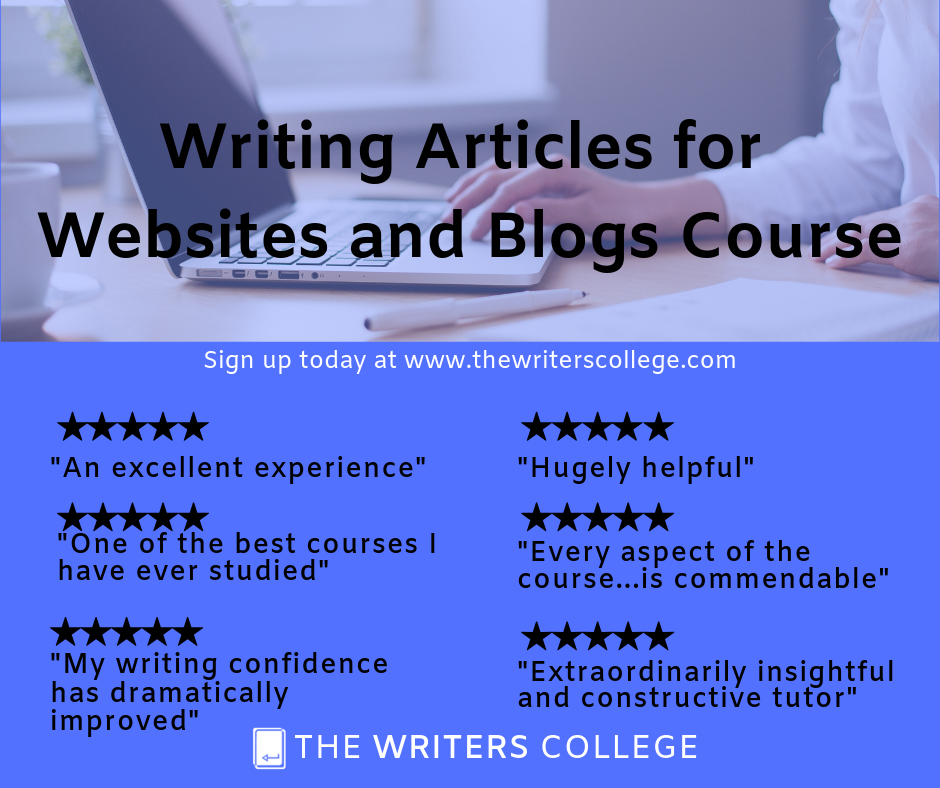Because of the constant changes on the web, it is good to take some time to examine how to optimise your writing so that your blog posts and web copy have an impact.
BY KAREN LOTTER

Before we start with the tips, there are some basics that you need to know about writing blog posts or even articles for your website – you need to know who your audience is and what they are looking for. And remember, web copy is scanned or glanced at. It is not read. (Well, not until something really catches the eye of the reader.)
Think about it, most search queries ask questions. As a writer, you need to provide answers t
Want to know some of the secrets of how to write a blog post that converts (i.e. attracts an audience)?
When you look at stats you’ll see that most people who actually visit your post will leave without reading it all the way through, and even if you post a great Tweet or Facebook Post of Instagram post, the majority of people will just pass by and ignore you.
You have very little time to grab their attention – about 2 – 3 seconds. So you need to know what questions people are asking so that you can write to answer their needs.
Tip No 1. Find Out What Questions People are Asking
Lately, I’ve been using Twitter Advanced Search to give me a bit of an idea. It is really easy – just type in your keywords and select the filter “questions” and you’ll see what is happening in the Twitterverse.
https://twitter.com/search-advanced
You can also have a look at Quora to see what kind of questions people are asking.
Keyword Tool.io is a free tool that is great to use to see what some of the popular keywords are that are being used.
Tip No 2. Write Compelling Headlines
People lead rushed lives and mostly access the web on their mobile devices. They don’t have time to mess around. If they are scanning, what do you think will catch their eye, beside an amazing image? A good headine. A headline they absolutely have to read. That is why your blog title (headline) is critical for the success of the post.
Headline analyser is a free tool that assesses the Emotional Marketing Value (EMV) of your headline. Like all these tools it is a good indicator, it gives you an idea of how your headline works. https://www.aminstitute.com/headline/
Tip No 3. Put Your Most Important Information First
You need to come out right upfront with what you want to say. Journalists call this way of writing the inverted pyramid. You need to put your important points in your headline. This needs to tell your whole story; and then again in the Intro, which expands on your headline.
Tip No 4. Optimise for SEO
I’m not saying you need to write for the search engines; I’m saying you need to optimise for them – there is a big difference. You need to always write for your audience. But the fact is that search engines like Google drive a huge chunk of traffic to our websites so it can only help us if we understand a bit about the SEO Ranking Factors.
If you work with WordPress plugins like Jetpack and Yoast they can help you optimise your content. This includes writing good, keyword rich captions for images, linking strategies (both internally and externally) and Meta Data titles and descriptions.
Tip No 5. Use Familiar Words and Don’t Try to Be Clever or Too Creative
A strange thing happens when people write, they use different words and phrases – somehow they often try to be smart or intellectual sounding and use big words. People should write like they speak. Maybe we just like to make ourselves sound better/smarter than we are. We try to embellish what we do. We try to sound scientific, fancy or special.
On the web this can be a problem. Readers are hunting and searching on the web, they are not thinking. Many readers are not mother tongue English speakers and some even use translating tools. You want to write plain and simple, easy to read copy.
Imagine you want to go to Miami for a holiday and you’re looking for a cheap flight. What will you type into the search engine: cost-effective flight, low fare flight, reasonably priced flight or – cheap flight?
Most people search for cheap flights.
Web readers look for familiar words. Use them.
ABOUT THE AUTHOR

Karen Lotter’s super practical Writing for the Web Course is packed with relevant, practical web writing information and techniques. Suitable for everybody from students to CEOs who need to master online writing.














